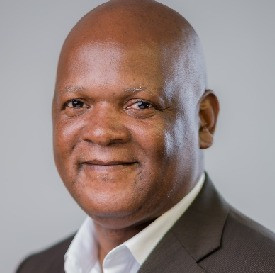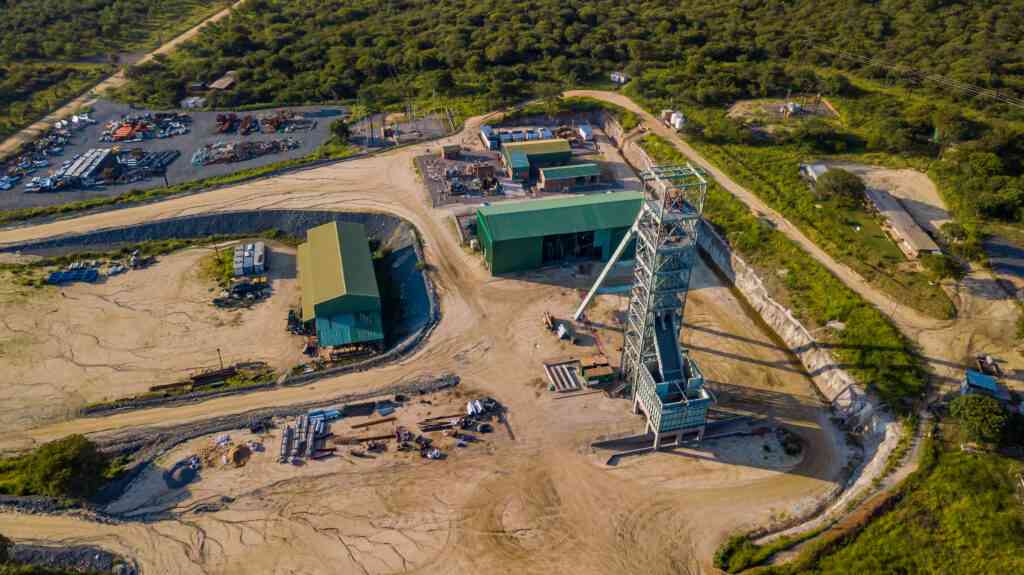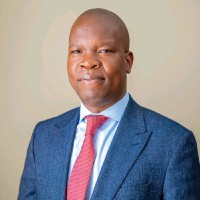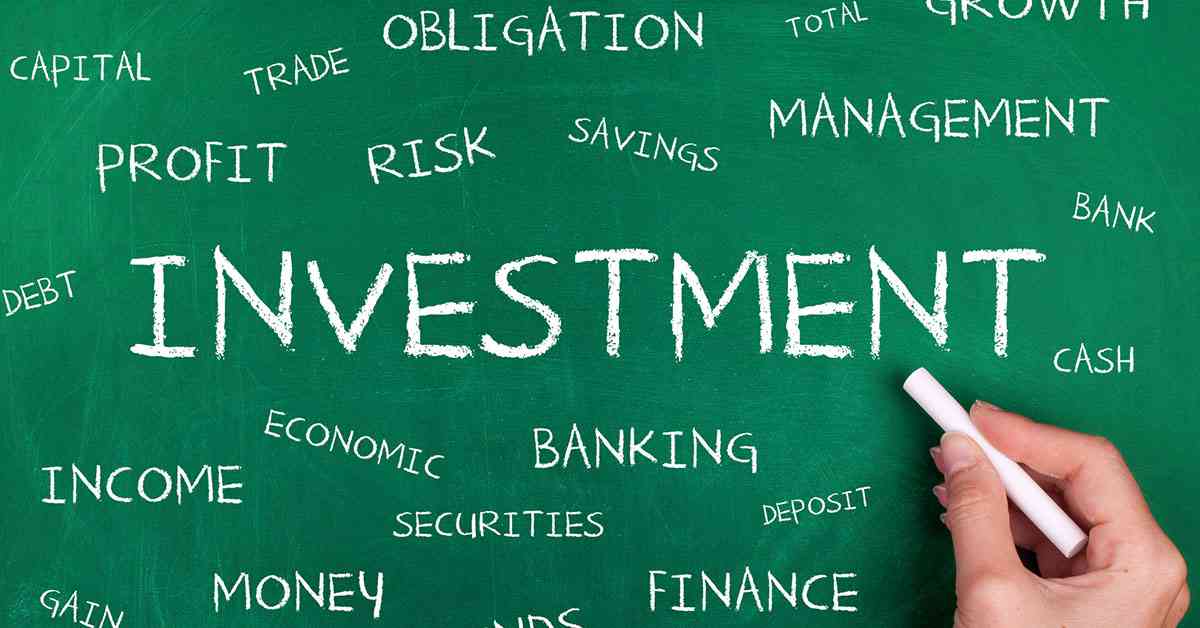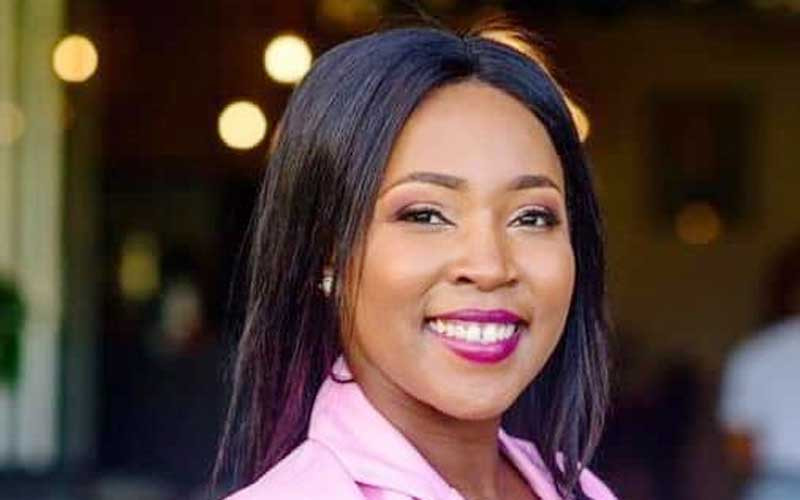
There really is nothing impossible if you put your mind to it. Despite the economic problems we face, Zimbabwe is full of young talented people who are breaking down barriers in every sector. It is important that we continue to encourage and motivate them and create an enabling environment which can allow them to live up to their full potential.
By 2050 the population of sub-Saharan Africa is expected to double to 2,5 billion with almost 60% under 25 years of age representing 42% of global youth. Africa, therefore, needs a grand radical plan to ensure that these young people will be skilled, healthy and productive on the continent. Each and every country must create the space for growth and opportunity and it starts with young entrepreneurs such as Lee-Anne Tsepo Chimbira, nee Hall, who are aware of their responsibilities as young citizens of Africa to create a better future for themselves and others.
Vince Musewe (VM) met Chimbira among a group of young entrepreneurs who are being mentored by former Harare mayor Muchadeyi Masunda, an awesome individual who is making a huge impact quietly. Chimbira (LC) is a qualified physiotherapist who left a cushy and secure job in South Africa to come back home and make a difference. This is her story.
Lee-Anne tell me how you got here?
LC: Well I am a physiotherapist by training and as physiotherapists we always spend more time with patients as we rehabilitate them back into their communities, an example would be stroke survivors whom we spend weeks, months and some, even years treating. As health practitioners, we then realised that it’s better for us to understand the root causes of strokes, heart attacks, back pain, diabetes and so on so that we can intervene earlier and hopefully prevent preventable conditions and non-communicable diseases (NCDs). That is what our company, Wellness Rediscovery, is all about.
So we first came up with a corporate programme for preventing and managing back pain which is very prevalent. We approached corporates to assess the extent of the problem in their organisations to see if we can manage the risk factors before it got worse. We did this for medical aid companies and from there we rolled out this program to other organisations such as banks, mines, telecommunications companies’ just to name a few. While assessing for back pain we started picking on other health issues such as hypertension, diabetes and mental health issues, among others. As a result, we now carry out health risk assessments and intervene accordingly.
VM: That’s quite smart approach, what else do you do?
LC: So our company, Wellness Rediscovery, has developed into a wellness hub or centre, which focuses on a holistic wellness and provides wellness doctors, occupational therapy, physiotherapy, diet and nutrition, psychology and mental health consultations, fitness and weight management, medical screening and disease management services.
- Mavhunga puts DeMbare into Chibuku quarterfinals
- Bulls to charge into Zimbabwe gold stocks
- Ndiraya concerned as goals dry up
- Letters: How solar power is transforming African farms
Keep Reading
VM: When did you start the business?
LC: Our business started operating in November 2017 and we also run satellite clinics at Borrowdale Trauma Centre, Baines Inter-care and the Diabetic Centre.
VM: Can you tell me about your career back ground?
LC: I studied BSc in Physiotherapy at Stellenbosch University, then I worked for the Gauteng health department for just one year because I knew I had to come back home and make a difference. I was even offered a higher position there and had a valid work permit but I just had to come back home. When I returned, I met my business partner who is also a physiotherapist and we realised we had the same vision and our skills are complementary. In the business I do the marketing and she is good at managing the operations. To understand more about running and managing a business I went on to acquire a Masters in Business Administration (MBA) from NUST which I completed in 2020.
VM: How is the business going?
LC: We have a total of 20 staff members and these are all professionals from the nutritionists, physical trainers, physiotherapists, psychologists, fitness trainers, occupational therapists and a doctor. We also have a Pharmacy and lab at the premises. The business is doing very well and we have plans to expand our services in the future.
VM: What is your vision of the future?
LC: We want to focus on raising awareness on preventative health. Sadly, a lot of people wait until they get sick. We want people to watch their lifestyles and be proactive in getting regular check-ups. We also want to penetrate the corporate sector and create more awareness there of the need for regular health risk assessments of their leadership and employees. Companies must have a wellness programme to be sustainable.
VM: Let’s talk more about the need for wellness programmes.
LC: It is fact that the Covid-19 pandemic has exposed the lack of investment by many countries and organisations in the well-being of their human capital. Well-being or wellness does not only include diet, exercise, healthy habits and sleep, but also encompasses emotional and mental health, social connection and the need for meaning and purpose including psychological safety.
It is fact that leading well depends on wellness of the leaders and their employees or followers. Sadly, at most times leaders take their health for granted and this has a profound effect on their effectiveness in leading. The key benefits of a holistic approach to well-being are not only a productive and healthy life, but lower health care costs for everyone including the economy as a whole in the long run.
VM: Nutrition and obesity seem to be common problems, how are you addressing that?
LC: Yes, for us nutrition is the centre of everything and sadly obesity has become a serious threat to wellness simply because a lot of people do not watch what they eat. Obesity, for example, has serious long term negative side effects such as depression, cholesterol, diabetes, hypertension, muscular skeletal conditions such as back pain and arthritis, and it can even cause strokes. This has been made worse because we all spend most of our time online, our jobs have become sedentary with very little activity. A recent report by the World Health Organisation (WHO) on physical activity is quite shocking. According to WHO, almost 500 million people will develop heart disease, obesity, diabetes or other non-communicable diseases (NCDs) attributable to physical inactivity between 2020 and 2030.
VM: So lifestyle is very important?
LC: Yes for sure, we are now seeing younger patients stroking, having arthritis or back pains and all the preventable NCDs simply because our lifestyles are not active as in the past. This of course means as economies we are spending more each year to really manage what can be preventable through more awareness. We are spending a lot of money importing medicines, for example, and we are losing productive citizens on what can be managed and is preventable.
VM: How do your health risk assessments work?
LC: We have developed our own software with a health dashboard which we do for every employee of an organisation for example. For each of our clients, we have a dashboard, which measures your health status and we can monitor progress. It shows your personal details, your medical history, family health history, your occupation, your blood sugar levels, cholesterol, your blood pressure, diet and nutrition, your weight, your mental health, back pain and fitness levels. So it’s very thorough and helps us have a holistic view of your health status. Once we know your health status we are then able to intervene effectively and monitor progress.
VM: How do you see your business developing in the future?
LC: We want to be a wellness hub or centre which focuses on preventative health. We want to establish a one stop shop with most of medical services available. We want to also establish a medical gym where patients get tailor made exercise programmes depending on their condition. We also intend to build a private clinic at the premises. We want to be able manage health risk holistically. We also intend to set up mini wellness hubs off site including at companies or within community health centres. This will allow us broad access by being present where people work or live.
VM: How about affordability of your services?
LC: Generally heath services in Zimbabwe are inaccessible and very expensive especially in an in-formalised economy where there are very few people on medical aid. That remains a serious challenge going forward.
VM: Great work you are doing here at Wellness Rediscovery, what is your parting shot?
LC: The critical success factor in wellness is health awareness and adopting a disease preventative approach. We need to inform and educate everyone starting at primary school level and create an awareness of the need for holistic wellness and how lifestyles are at the centre of everything. We are doing what we can especially in line with the international health calendar e.g. breast cancer month, diabetes month and so on. We also want companies and government to come aboard especially starting with executives and government leadership. This is because we have found that once leaders are aware and involved, it becomes easy to extend our services to employees.

